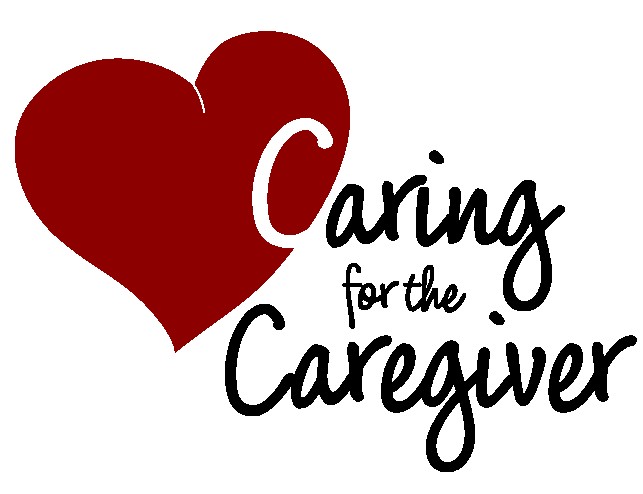Home care and home health care include a range of medical and non-medical caregiving services provided in your home. Services can usually be arranged to meet your needs – a few hours a week up to 24 hours a day, seven days a week and could be done by be a single person or a team. If the goal is to reduce your workload, think about hiring help for cleaning the house, running errands or preparing meals. More skilled helpers might be required to help with bathing, dressing or toileting. And finally, registered nurses are available if you need skilled medical care.
Home Care Services
Typical home care services include:
- Aides, homemakers and chore workers who help with chores around the house but usually do not provide personal or medical care for your loved one.
- Home care aides who provide personal services such as bathing, dressing, toileting, making meals, light cleaning and transporting patients to the doctor.
- Therapists who work with patients to restore or maintain their motor, speech and cognitive skills.
- Registered nurses (RNs) who provide skilled medical care, including giving medications, monitoring vital signs, dressing wounds, and teaching family caregivers how to use complicated equipment at home.
Choosing a Home Care Provider
Home care services can be provided by home care agencies that coordinate home care needs, registries of independent contractors or privately employed independent providers. Several types of home care organizations may merge to provide a wide variety of services through an integrated system.
Finding the best home care provider for you will require research, but is time well spent. Important factors include the quality of care, availability of needed services, personnel training and expertise, and health insurance coverage. Medicare generally doesn’t pay for long-term care but will help pay for skilled nursing or home health care if you meet certain conditions. Use the Medicare Eligibility Tool to check your eligibility.
Before starting a search, it is important to determine which types of services you need. You may wish to consult with your physician, nurse or social worker for assistance to help determine your needs. Once you’ve completed this assessment, you will be able to identify the type of home care provider who is best suited to help. Ask your healthcare team, social workers, hospital discharge planner, religious organizations, charitable groups, neighbors and friends for recommendations.

UCSF Memory and Aging Center
Published on UCSF Memory and Aging Center (http://memory.ucsf.edu)
© 2014 The Regents of the University of California









